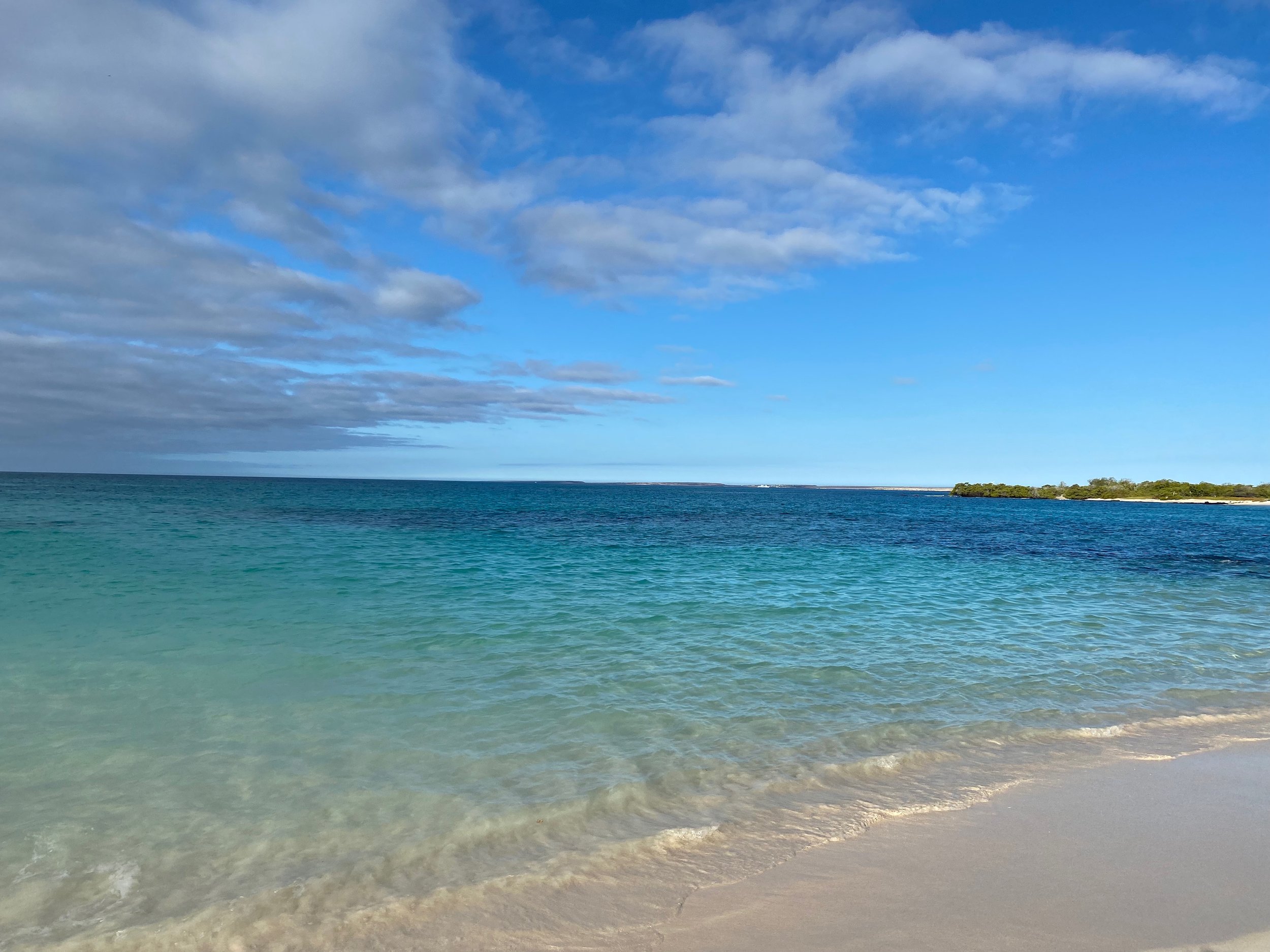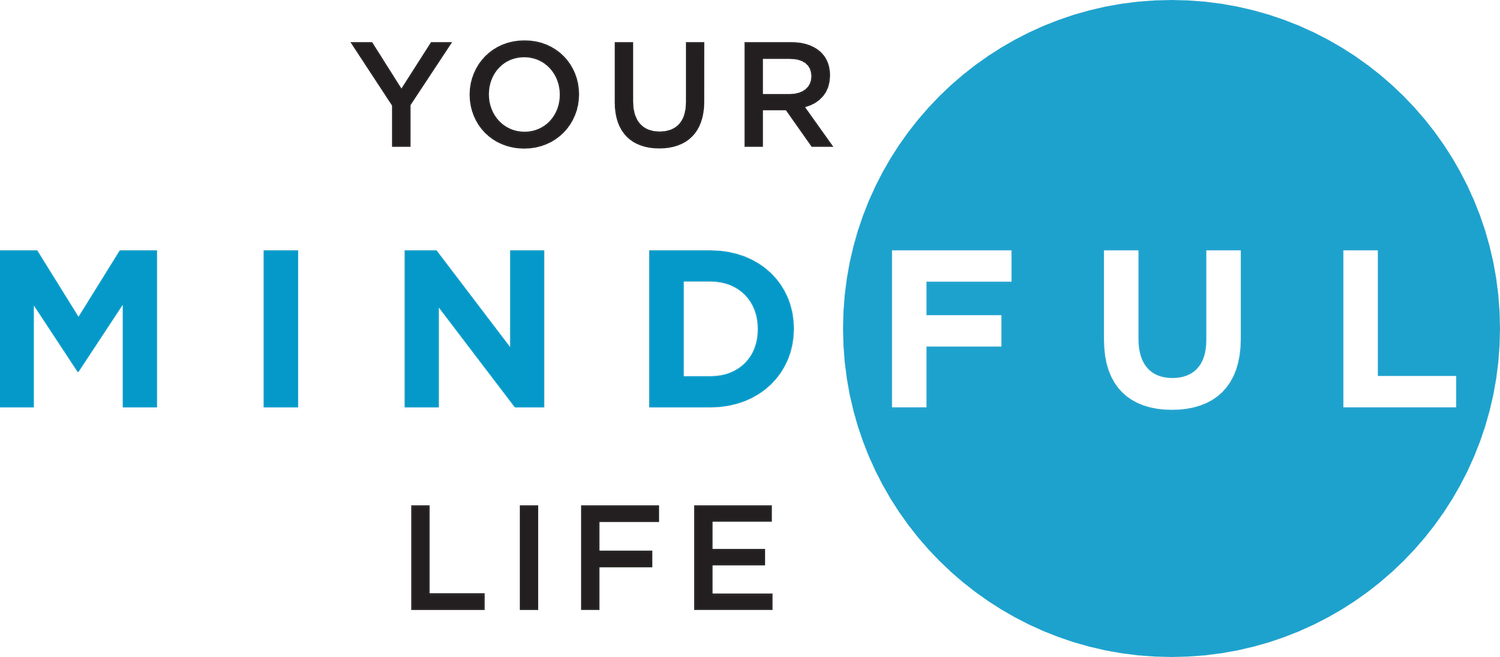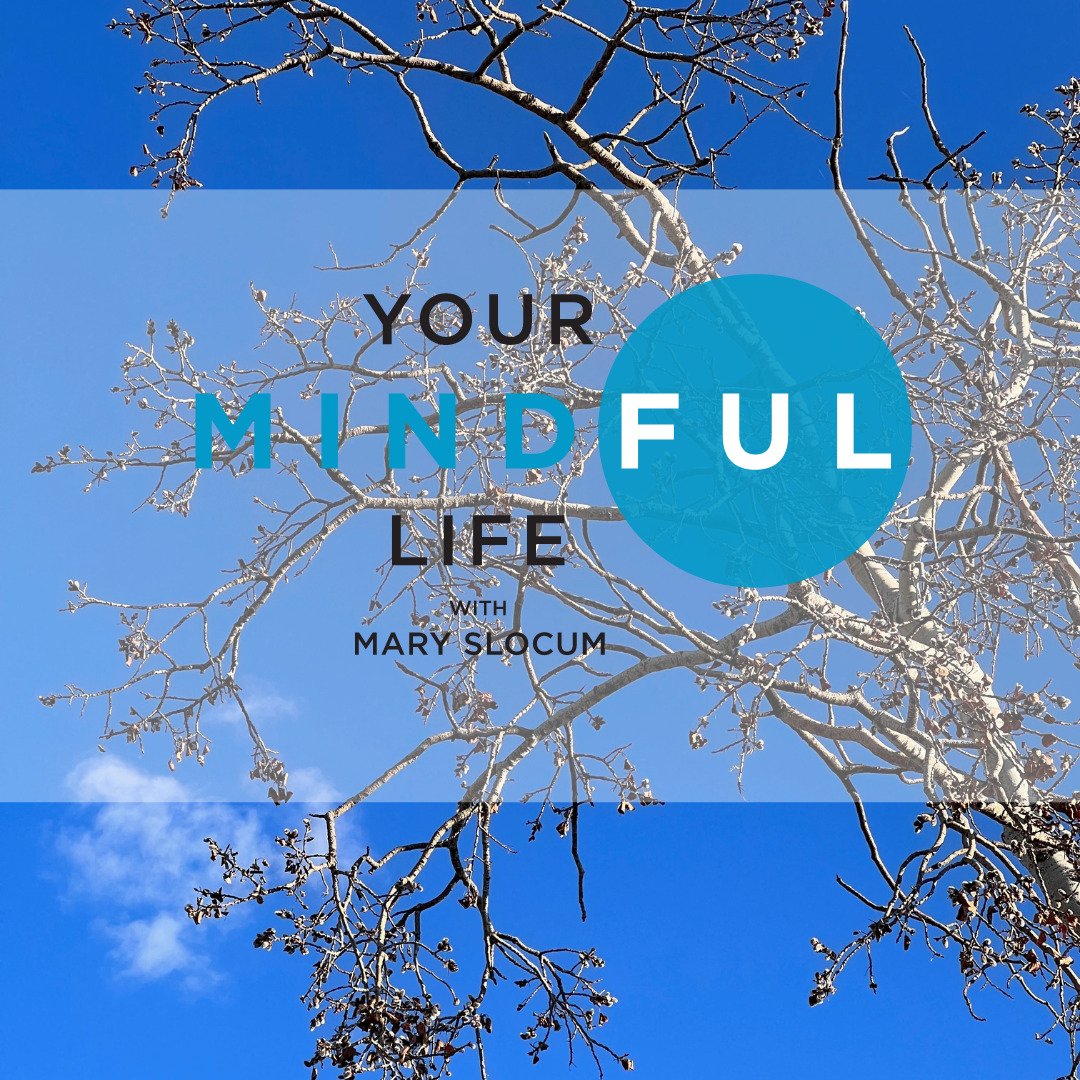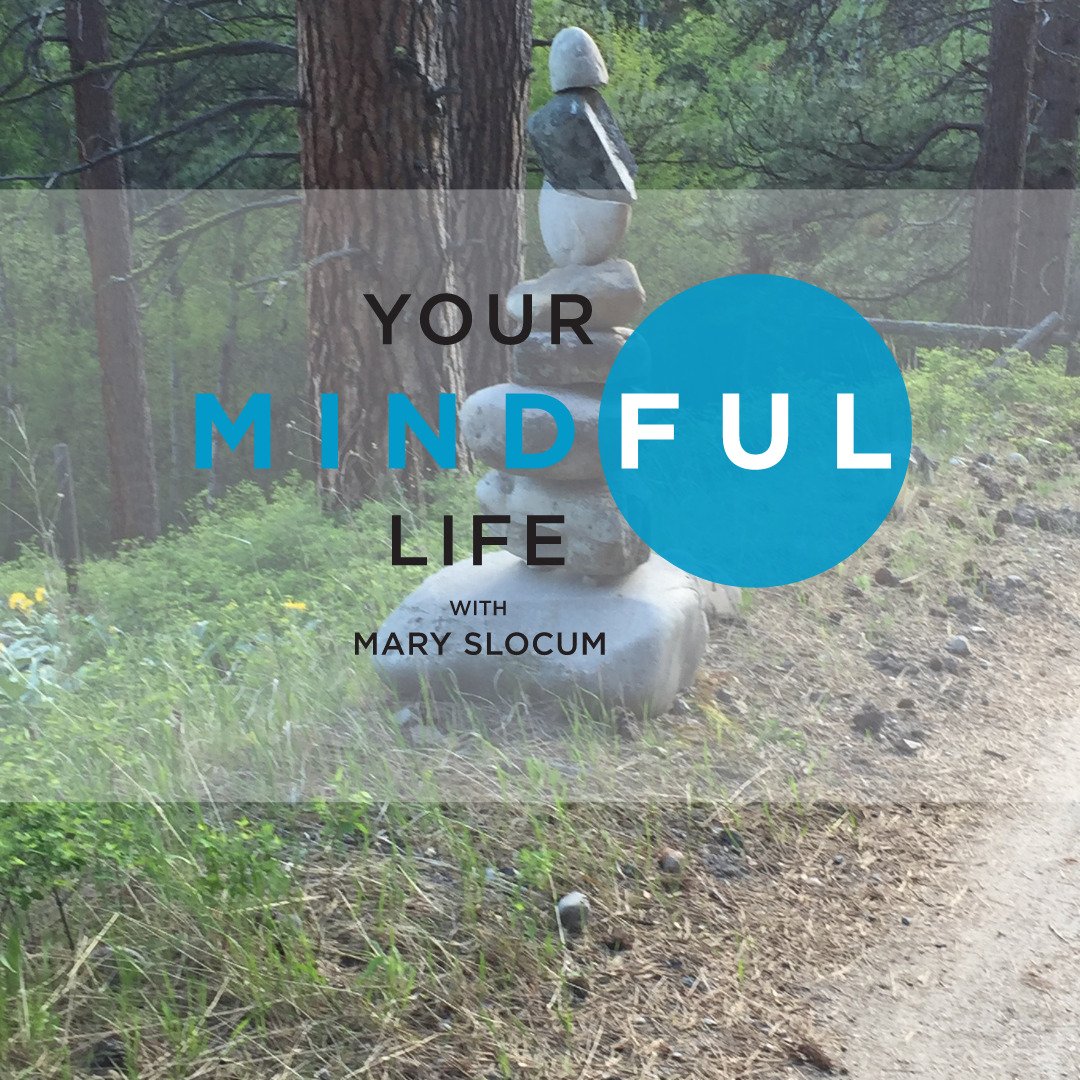
Podcast
What's Getting in the Way Between Me and Presence
Today we explore five obstacles that get in the way of presence and how cultivating mindfulness removes them.
I Have To Fix It
We don’t like what is happening—we might even hate it. We have to fix it. We get all tied up in the hating and the fixing and are miserable because we aren’t in control. We suffer. The way out of our misery is mindfulness.
The Man Who Wouldn't Come In From The Cold
This week the story about a man who wouldn’t come in from the cold precipitates questions about the meaning of life and community. It asks us to looked deeper into what it means to be mindful—to really pay attention in the moment—and what it means to be compassionate—to really help without have a stake in the outcome. It asks us to be present, equanimous, and compassionate in the messiness of life.
What My Hand Taught Me
Even though we have the intention of being mindful, we get busy and run on automatic pilot. Then something big happens and we learn through experience really how to be mindful. This is what my hand taught me.
Be Playful
How are you playful in your life? What benefits does it bring you? And how can you become more playful? How does mindfulness help? These are questions we explore in today’s podcast. Join us.
How We Are In A Relationship Tells Us Who We Are in The Moment
In the moment of relationship, who we are in that moment is there right with us. Relationships can show us all our aspects— our kindness, compassion, generosity, and wisdom as well as our mistrust, cruelty, insecurity, greed, and aggression. Relationship is the starting point of unwinding our suffering and dissatisfaction and growing our goodness, love and courage.
Generosity Is So Much More Than We Think
We usually think about generosity as giving away stuff—things like money, belongings we no longer use, or food. But it is more than that. Generosity is relinquishing—letting go—not just of material things but also attitudes, ideas, beliefs, and viewpoints that may manifest as bias or be invisible to us because we are so accustomed to them that we don’t see them. Being mindful, we can be aware and bring into the open what was once not seen so that we can let go and let others know who and what we value. Letting go frees us from the constant, nagging sense of dissatisfaction that we carry around with us—manifesting in the mind as worry and feelings of unworthiness, and in the body as stress, tension, and illness.
Beginner's Mind
This week we explore beginner’s mind, that attitude of mind that is open, eager, and free from preconceptions of how to do something, think about something, or be something. A person with beginner’s mind has a mind that is open and receptive and void of conditioned attitudes, views, and beliefs. Beginner’s mind is not stuck in a certain way of doing things or thinking because the mind is accustomed to thinking or doing things in a particular way and therefore not open to any other way of thinking or doing.
Working With The Mind To Change The Mind
Working with the mind to change begins with mindfulness—being aware and present with our moment-to-moment experience. It requires us to bring inner resources like equanimity, self-compassion, and resilience to our work. And, it asks us to willingly be with what’s here by sensing its felt sense in the body and then investigating with little questions from a place of wholeness.
The Awe of Every Day
In today’s show, we see that clinging to our habits of daily life—to its content and context—can block out opportunities to experience awe. We see how awe is an everyday experience, not something rare and rarified. And, we see how our mindfulness practice helps us to not only discover awe but to fully take it in so that our awe experiences become part of who we are.
Taking Care of Our Giving-Selves
Today, we’re exploring taking care of our giving-selves. How giving and receiving are intimately connected; how something gets in the way of our taking care of our giving-self and we find ourselves depleted, feeling ill at ease with our lives, exhausted, and even physically run-down; and how mindfulness, self-compassion, and equanimity open us to receiving the care we need so that we can give the care that others need.
Taking Care of Our Longing
Today we are exploring longing. When we long for something we desire it with intensity. There is a lot of energy behind it. Going underneath our longing allows us to see exactly what our need is and how best to work with it skillfully.
Taking Care of Our Unworthiness
Today’s topic is unworthiness. How we come to believe we are unworthy; how this brings us feelings of shame and inadequacy; and how by being present with this part of ourselves we can unwind the intricacies of our unworthiness so that we can awaken to our intrinsic worthiness and goodness through self-compassion and kindness.
The Two Wolves
Today our topic is hatred, how it poisons us, how mindfulness can free us from its clutches, and how we can apply compassion in its stead.
The Two Wings of Mindfulness
This week, we explore the two wings of mindfulness—wisdom or clear-seeing and compassion—and we see how these are intricately entwined allowing mindfulness take take flight just as the two wings of a bird allow it to soar.
The Four Foundations of Mindfulness
Today, we begin again at the beginning, remembering and reviewing the four foundations of mindfulness that while giving us stability and strength are not things, but processes. They are are mindfulness of the body, of feeling tone, of mind, and of mind phenomena/objects.
Know Your Mind
Today we’re exploring how our mind states affect our actions and our well-being. We distinguish between two general categories of mind-states—those that promote health and well-being which we call wholesome and those that don’t which we call unwholesome.
The Two Arrows of Suffering
Today we’re exploring what happens when the arrow of misfortune or adversity strikes. And, how we increase suffering when we allow the second arrow of reaction.
The Comparing Mind Again - Its Negativity Bent
Today we delve into the comparing mind and its usual hyper-critical focus on all the ways we don’t measure up and how mindfulness helps us to step out of the endless cycle of negative comparison.




















